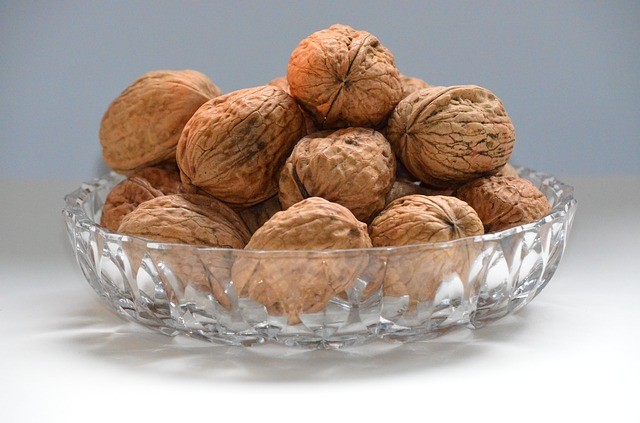New research currently being conducted by New Zealand and Chinese scientists explores the possibility of walnuts as a safer choice for hair dye products.
The project is one of the two scientific researches being done by the New Zealand government's AgResearch Institute, Wellington's Victoria University and China's Beijing Technology and Business University (BTBU).
This study, which aims to assess the impact of frequent synthetic hair dyeing and to find a natural substitute, is seen as a promising answer to China's concern over large amounts of walnut waste.
According to Dr. Ying Tang, a BTBU associate professor, China also has a large market for hair dye. Dr. Ying, who finished a chemistry doctorate degree at Victoria University, said that the research is being driven by a variety of health concerns.
"When Asian people's hair turns gray, there is a cultural desire to slow and reverse this sign of aging. This creates a huge demand for black or dark brown hair dye," said Dr. Ying.
"Frequent dyeing causes many problems and toxicity concerns, so we're trying to find a safe and stable dye that can be used instead of chemical synthetic dyes," she added.
In this particular research, scientists will extract colorants from different choices of plants and subject them to ultraviolet radiation to determine their rate of fading.
"China is the biggest producer of walnuts in the world and disposing of huge amounts of the fruit skins can cause problems, so we're trying to make new use of that waste," Dr. Ying stated, revealing why they chose walnut as one of the subjects to be examined.
The other New Zealand-China project intends to determine ways on how to strengthen the use of Xuan paper, a handmade, nature-based ancient Chinese paper.
Xuan paper has been declared by the UNSECO as an intangible cultural heritage.



























